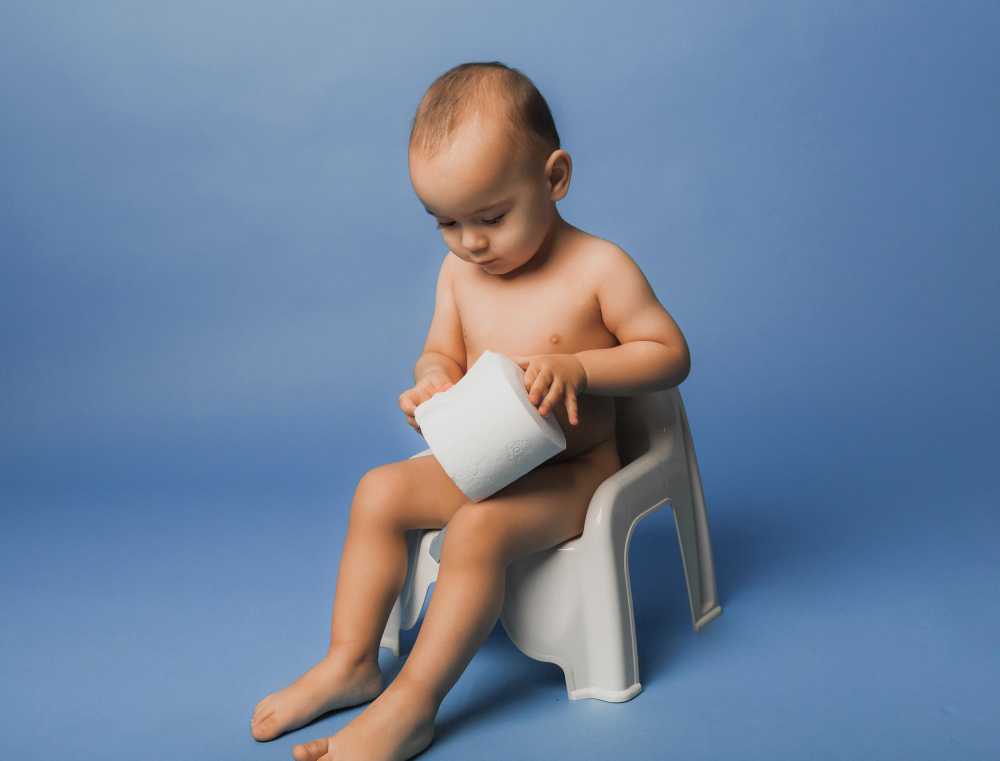For new moms, everything seems confusing, and now and then, you are looking out for various answers to various questions. Making decisions for new parents can never be easy because it takes a lot of thinking to realize what will be best for your child. Such as the decision between whether to feed your child breastmilk or formula milk. For years doctors have always recommended that a child should at least breastfeed for six months because it is the healthiest option for your child, both physically and emotionally. However, if you choose breastmilk as your option, you also need to take care of your diet so that your milk is not harmful to your kid. There are many things that your doctor will ask you to add to your diet and something to eliminate as well.
Breastfeeding also needs lifestyle changes. For example, during pregnancy, you were not allowed to smoke and drink the same as breastfeeding.
In today’s article, we will discuss whether a woman can drink Alcohol while breastfeeding or not.
The bottom line to the question is that a woman should not drink alcohol, as drinking alcohol while breastfeeding can bring the risk to her baby.
Whenever a mother consumes Alcohol, it reaches amounts in her breast milk similar to those in her bloodstream. Although a breastfed baby is only exposed to a portion of the Alcohol consumed by their mother, a newborn’s body removes Alcohol at half the speed of an adult.
You may have heard many rumors that drinking Alcohol increases milk production, but there is very little truth to this rumor. Alcohol drinks like beer have an ingredient called barley. Barley has a nutrient called polysaccharide, which helps in the production and stimulates milk production, so it is the barley that helps in production, but alcohol consumption itself only leads to a decrease in milk production.
Other than the low production risk, there are certainly other risks such as –
Whenever you consume alcohol, it will be most likely that your child will breastfeed less. This may happen because of the change of taste in the breastmilk.
Many studies have also reported that the infants have a disrupted or interrupted sleep pattern and also that their sleeping time is reduced by 25%.
Drinking breastmilk that has Alcohol can also affect neurodevelopment and impaired motor development of a child.
These are some of the risks which can happen if you binge drink or drink more than the moderate level recommended.
Yes, many reports also suggest that drinking one glass of Alcohol in a day or moderate drinking is not as hazardous as everybody mentions. You can wait for the Alcohol to eliminate from your breastmilk. If you think that pumping and dumping your breastmilk will lead to eliminating Alcohol from your breastmilk, then that is not the case. Alcohol is in your breastmilk as long as it is in your bloodstream. But you can use the pump and dump method to keep the milk production constant and to reduce engorgement as well. According to some sources, It is said that one drink remains in the bloodstream for 2 to 3 hours, 2 drinks can remain up to 5 hours, and so on. If you want to have 1 drink you can have a feeding session with your baby after 2 to 3 hours or what you can do is pump your milk in a bottle before you have a drink so that your baby does not miss the feeding session. In this way, your baby will not consume breastmilk that has an alcohol portion in it to a major extent. But it is still advisable to have a conversation about the same with your doctor.
But it is still recommended that you limit your Alcohol as much as possible so that you can avoid any risk.
![]()











